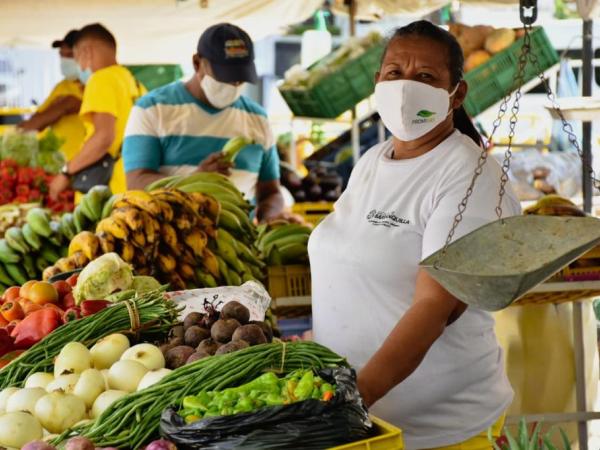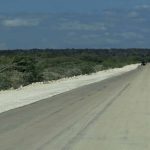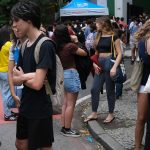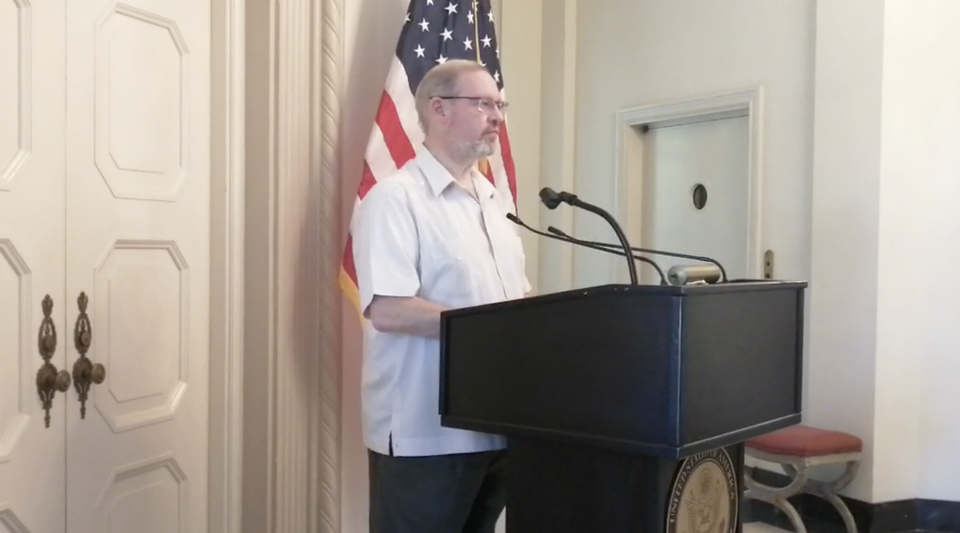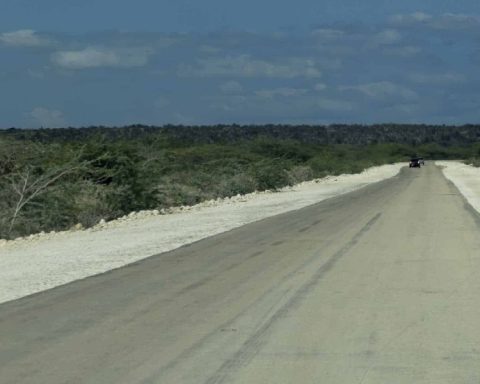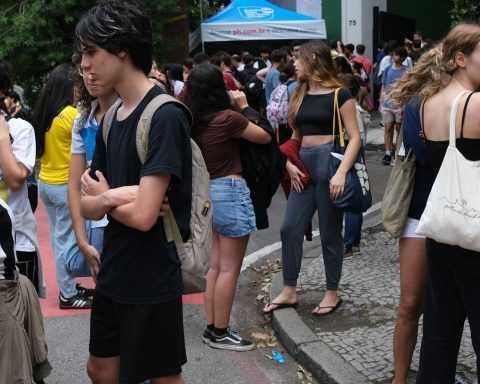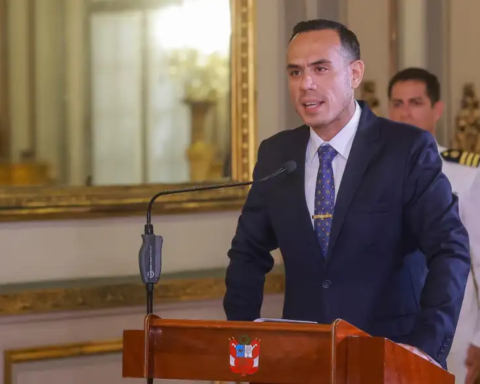The national government deferred to zero the tariff on 165 goods imported into the country, with the aim of reducing the impact that consumers in the country have recently faced due to inflationary pressures.
(Measures that the Government plans to implement to face inflation).
Through Decree 307, of March 3the tariff was reduced to 0% and for 6 months, for that number of tariff subheadings that are imported into the country and that do not have a record of national production. These goods had a tariff of 5%, 10% and, in some cases, 15%.
Likewise, for 2 of these products and also for 6 months, the application of the Andean Price Band System was suspended.
“This measure, together with the complete package that we announced a few weeks, will begin to deal with this phenomenon that several countries in the world are experiencing, we trust that inflation expectations will begin to anchor and we will begin to see in the coming months a reduction in the cost of living for citizens. said the Minister of Finance and Public Credit, José Manuel Restrepo.
(Inflation in Colombia: are there estimates of when it would begin to fall?).
“Some of the price increases are associated with the increase in the cost of inputs, which in turn are explained by the disruptions in the supply chains observed in recent months, which led to higher prices for raw materials and production. This tariff measure will mitigate these upward pressures. The purpose is to relieve in part the pocket of Colombians, especially the less favored households”, explained the Minister of Commerce, Industry and Tourism, María Ximena Lombana Villalba.
Within the subheadings that will have this new tariff treatment are food, beverages, flour, cereals, seeds for agricultural products, essential oils, different types of paper, malt extract, protein hydrolysates, yeast autolysates, bread improvers, food supplements, processed oat grains, toilet paper, handkerchiefs and paper towels, and some toolsamong others.
BRIEFCASE
